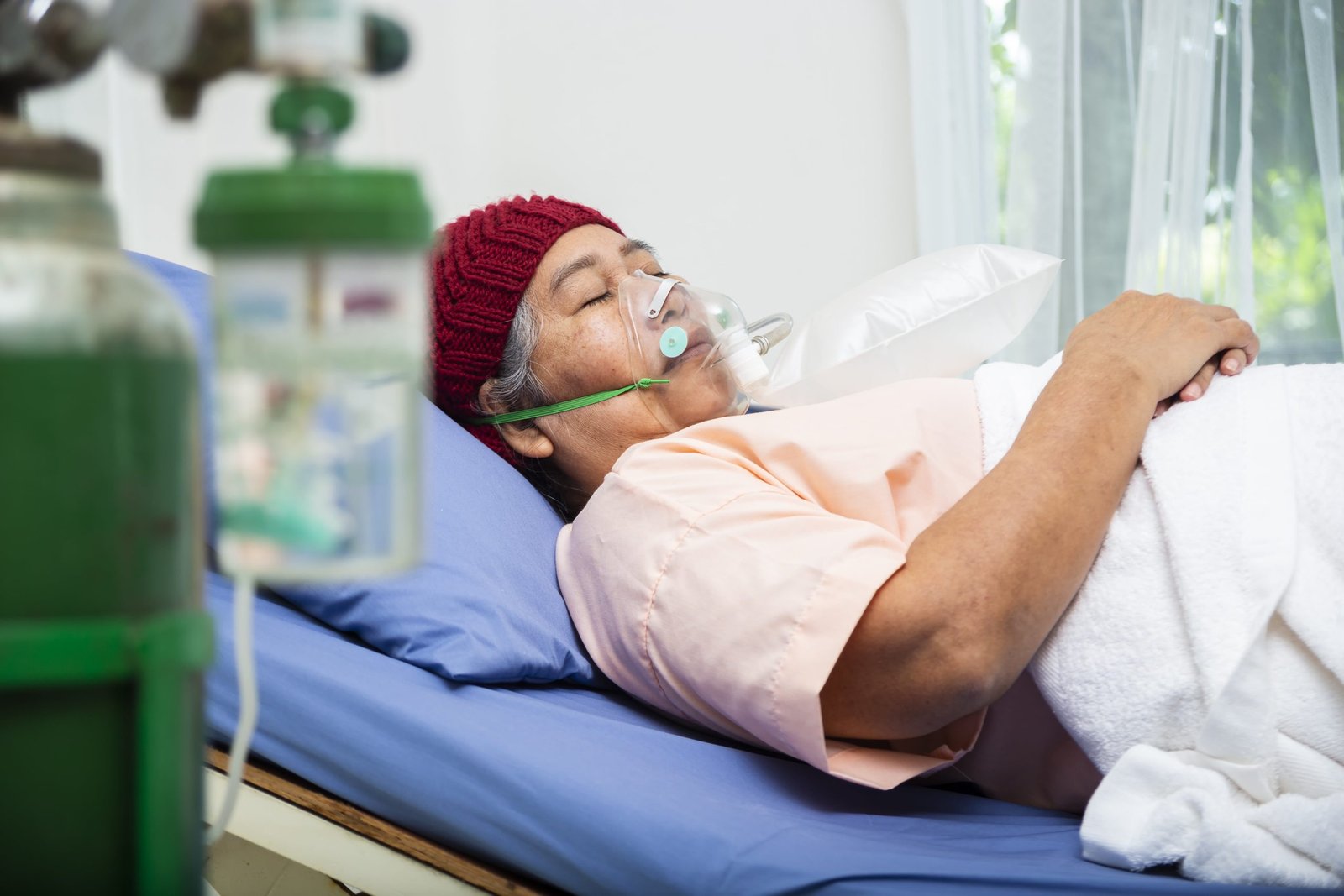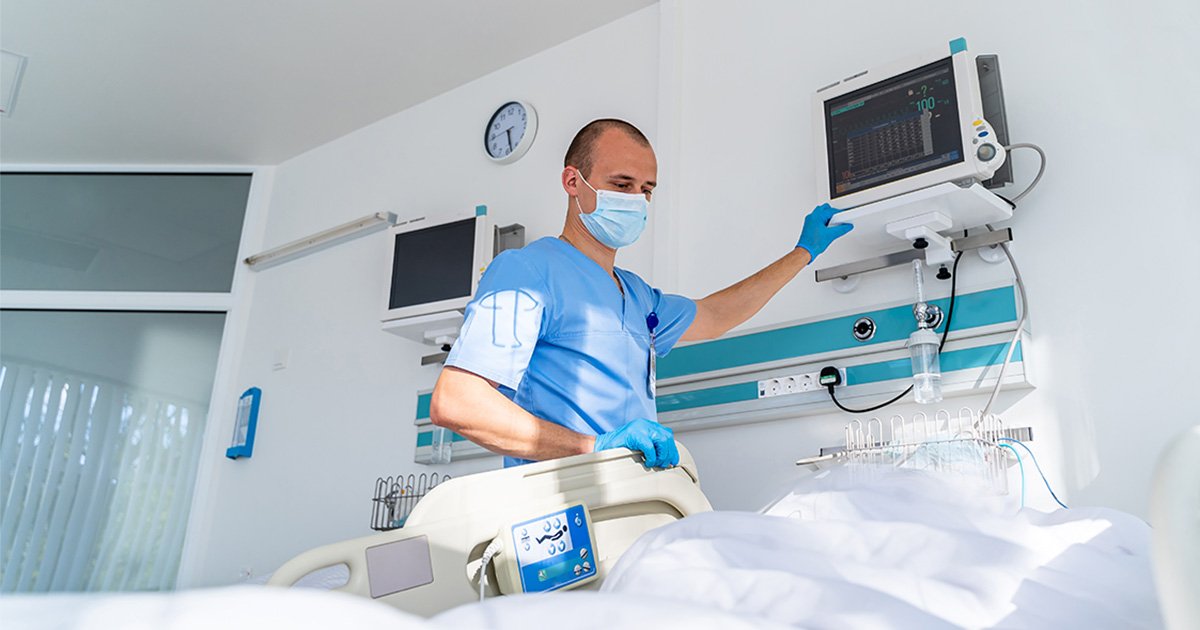Working in Intensive Care Units (ICUs) is emotionally and physically demanding. Healthcare professionals are responsible for providing high-level care to critically ill patients, which can lead to significant stress. Reducing stress in ICU care settings is crucial for the well-being of both patients and healthcare providers. In this article, we’ll explore various strategies to manage and reduce stress in ICU care settings.
1. Prioritize Self-Care for Healthcare Providers
Healthcare professionals play a vital role in ICU care, and their well-being is directly linked to the quality of patient care. Prioritizing self-care helps in managing stress and maintaining emotional balance.
Transitioning through high-pressure environments, it’s important to take time for rest, reflection, and healthy practices that promote physical and mental health.
Physical Well-being
Healthcare providers should engage in regular exercise, maintain a balanced diet, and ensure adequate sleep. Transitioning through demanding shifts, these practices reduce physical exhaustion and boost resilience.

2. Establish Support Systems
Having a strong support system is essential for reducing stress in ICU care settings. Support systems can include colleagues, family, and counselling services that provide a sense of emotional security.
Transitioning through overwhelming situations, being able to rely on trusted colleagues or seeking professional counselling offers emotional relief.
Peer Support Groups
Creating peer support groups allows healthcare professionals to share experiences and provide mutual encouragement. Transitioning through emotional challenges, these groups foster a sense of solidarity and understanding.
3. Implement Stress Management Techniques
There are various stress management techniques that healthcare providers can incorporate into their routines. These techniques help maintain emotional balance and handle high-stress situations effectively.
In transitioning through critical care challenges, strategies such as deep breathing exercises, mindfulness, and meditation offer calmness and focus.
Mindfulness and Meditation
Practising mindfulness and meditation during breaks helps to calm the mind and reduce anxiety. Transitioning through stress, these techniques offer relaxation and mental clarity.
4. Streamline Communication and Documentation
Effective communication plays a crucial role in reducing stress. When information is communicated clearly, errors are minimized, and care becomes more streamlined.
Transitioning through complex care, and ensuring smooth communication reduces misunderstandings and allows healthcare providers to focus on what truly matters — patient care.
Clear Documentation Practices
Establishing clear and efficient documentation processes helps in reducing the mental burden of remembering complex details. Transitioning through rushed moments, accurate records streamline patient care and reduce stress.
5. Provide Adequate Training and Resources
Healthcare providers often experience stress when they lack access to necessary training or resources. Providing regular training and ensuring resource availability helps in building confidence and reducing anxiety.
Transitioning through unfamiliar scenarios, well-prepared staff with adequate resources feel more capable and less stressed.
Ongoing Training Programs
Regular participation in training programs equips healthcare providers with the latest skills and knowledge. Transitioning through new advancements, continuous education minimizes stress by boosting competence and efficiency.
6. Foster Team Collaboration
Collaboration among healthcare teams is essential for maintaining a supportive and stress-free ICU environment. Teamwork enhances problem-solving, improves patient outcomes, and reduces individual stress.
Transitioning through demanding workloads, cohesive teams create a positive atmosphere where shared responsibilities lead to reduced stress levels.
Shared Decision-Making
Involving healthcare teams in decision-making processes promotes a sense of ownership and collective responsibility. Transitioning through stressful situations, shared decisions help distribute workloads and enhance well-being.
7. Encourage Healthy Work-Life Balance
A healthy work-life balance is critical for reducing stress in ICU care settings. Healthcare providers should be encouraged to manage personal time effectively and maintain relationships outside of work.
Transitioning through intense workloads, and having a balanced lifestyle supports emotional well-being and mitigates burnout.
Flexible Scheduling
Flexible work schedules allow healthcare providers to take breaks and recharge. Transitioning through long shifts, having a well-balanced schedule promotes sustainability and reduces stress.
8. Implement Stress Reduction Programs
Hospitals and healthcare institutions can implement stress reduction programs tailored for ICU staff. These programs may include wellness workshops, fitness sessions, or stress-relief activities designed to support mental and emotional health.
Transitioning through high-stress periods, structured programs provide a safe space for caregivers to destress and rebuild energy.
Conclusion
Reducing stress in ICU care settings requires a holistic approach that addresses physical, emotional, and systemic factors. By prioritizing self-care, establishing support systems, incorporating stress management techniques, and fostering collaboration, healthcare providers can significantly reduce stress levels. Ultimately, a less stressful environment improves patient care and ensures the well-being of all involved in critical care.











